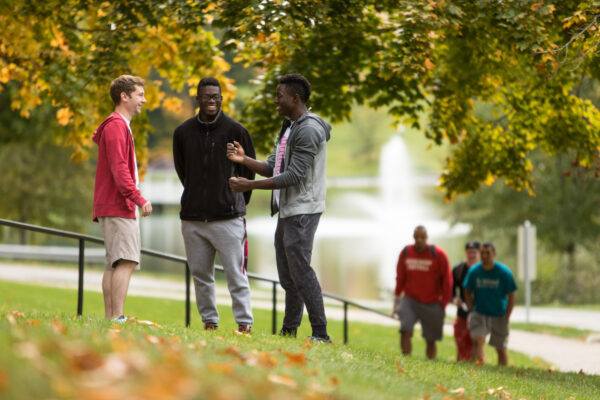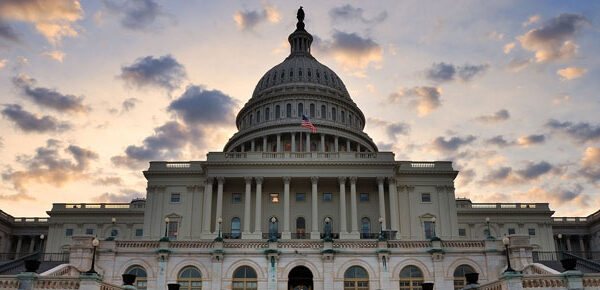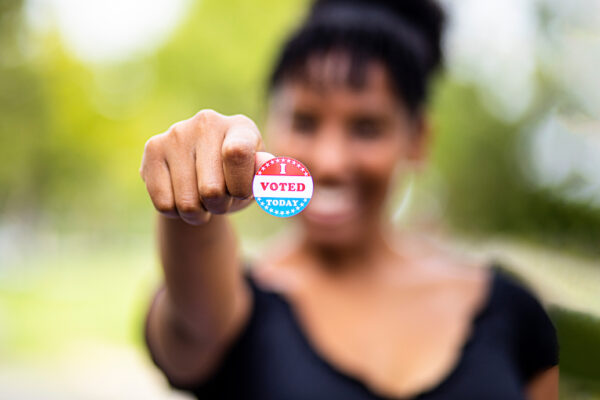How Public University Libraries Are Defending Academic Freedom
Title: Censorship and Academic Freedom in the Public University Library
Authors: Ess Pokornowski and Roger C. Schonfeld
Source: Ithaka S+R
Academic libraries at public research universities find themselves at the center of controversy in an increasingly polarized political environment. To examine the impacts of this polarization, Ithaka S+R interviewed 10 library leaders from states with restrictive diversity, equity, and inclusion (DEI) policies and five library leaders from states without such policies.
Key findings include:
- Academic library collections are not directly censored, but decisions around materials added to collections are influenced by state and university policies and politics. University academic freedom policies remain a critical defense against challenges to content.
- DEI initiatives are being eliminated, renamed, or reorganized in several states, resulting in a culture of fear among library employees, particularly those from marginalized communities, and negatively impacting workplace dynamics and communication.
- Library directors in certain states believe recruiting and retaining top talent has become more difficult, particularly when candidates or their family members identify as LGBTQ+.
- Library leaders have to balance competing priorities and concerns from various stakeholders, including university administrators, faculty, students, and state legislators.
All library leaders who were interviewed said despite these challenges, they are committed to defending academic freedom and the development of robust research collections and programs. They are adapting their strategies and messaging to align with the specific needs of different audiences and institutional contexts. Some are exploring innovative partnerships to ensure long-term preservation and access to collections. Interviewees also noted that supporting their institutions strategically and strengthening public faith in higher education are central to their libraries’ success.
Click here to read the full report.
—Alex Zhao
If you have any questions or comments about this blog post, please contact us.


